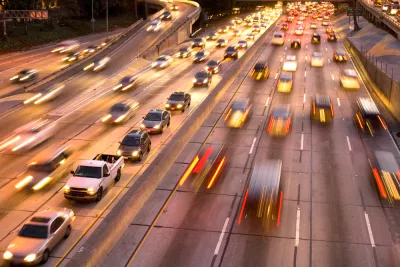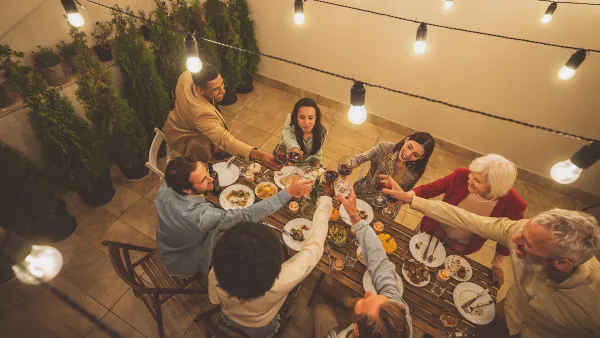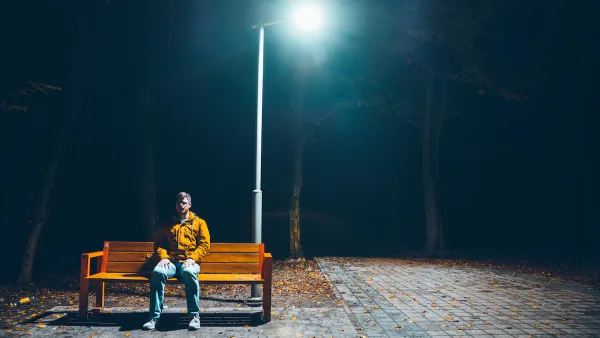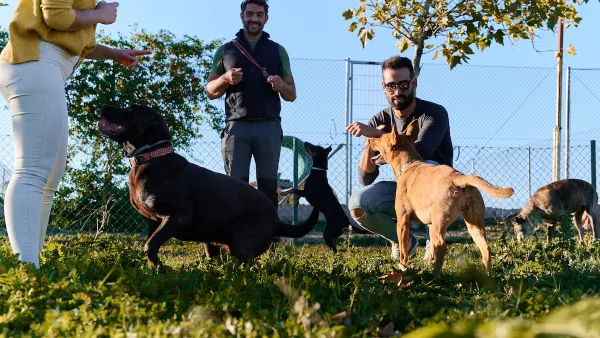Walkable neighborhoods, access to parks, and opportunities for social interaction can help reduce the burden of loneliness and promote community. But many of our cities aren’t built this way.

In an article in Streetsblog USA, Jennifer Kent, Emily J. Rugel and Marlee Bower, Emily J. Rugel, and Marlee Bower zoom out from the traditional view of loneliness as an individual problem to examine how urban design and the way we have built our cities contributes to a loss of social interaction.
The authors, who just completed a systematic review of research on loneliness and urban planning, identified factors that “can help people make connections,” including “housing design, transport systems and the distribution and design of open and natural spaces.”
The study found that living in small or poorly maintained housing can exacerbate loneliness by making people less likely to have friends over. “More universally, living in areas with good access to community centers and natural spaces helps people make social connections.” Additionally, access to public transit and active transportation options can also reduce loneliness and promote social interaction.
The authors also see a connection between socio-economic status and loneliness, largely because people with lower incomes tend to have less access to things like long-term housing they can personalize as their own, walkable neighborhoods, public parks, and other amenities that help reduce loneliness and improve mental health.
Ultimately, the authors conclude that context matters, and “there is no single built environment that is universally ‘good’ or ‘bad’ for loneliness.” But urban design and access to amenities can have a powerful influence on how people interact with others.
FULL STORY: Feeling Lonely? It's Not You, It's the Way We've Built our Nation

Analysis: Cybertruck Fatality Rate Far Exceeds That of Ford Pinto
The Tesla Cybertruck was recalled seven times last year.

National Parks Layoffs Will Cause Communities to Lose Billions
Thousands of essential park workers were laid off this week, just before the busy spring break season.

Retro-silient?: America’s First “Eco-burb,” The Woodlands Turns 50
A master-planned community north of Houston offers lessons on green infrastructure and resilient design, but falls short of its founder’s lofty affordability and walkability goals.

Test News Post 1
This is a summary

Analysis: Cybertruck Fatality Rate Far Exceeds That of Ford Pinto
The Tesla Cybertruck was recalled seven times last year.

Test News Headline 46
Test for the image on the front page.
Urban Design for Planners 1: Software Tools
This six-course series explores essential urban design concepts using open source software and equips planners with the tools they need to participate fully in the urban design process.
Planning for Universal Design
Learn the tools for implementing Universal Design in planning regulations.
EMC Planning Group, Inc.
Planetizen
Planetizen
Mpact (formerly Rail~Volution)
Great Falls Development Authority, Inc.
HUDs Office of Policy Development and Research
NYU Wagner Graduate School of Public Service




























